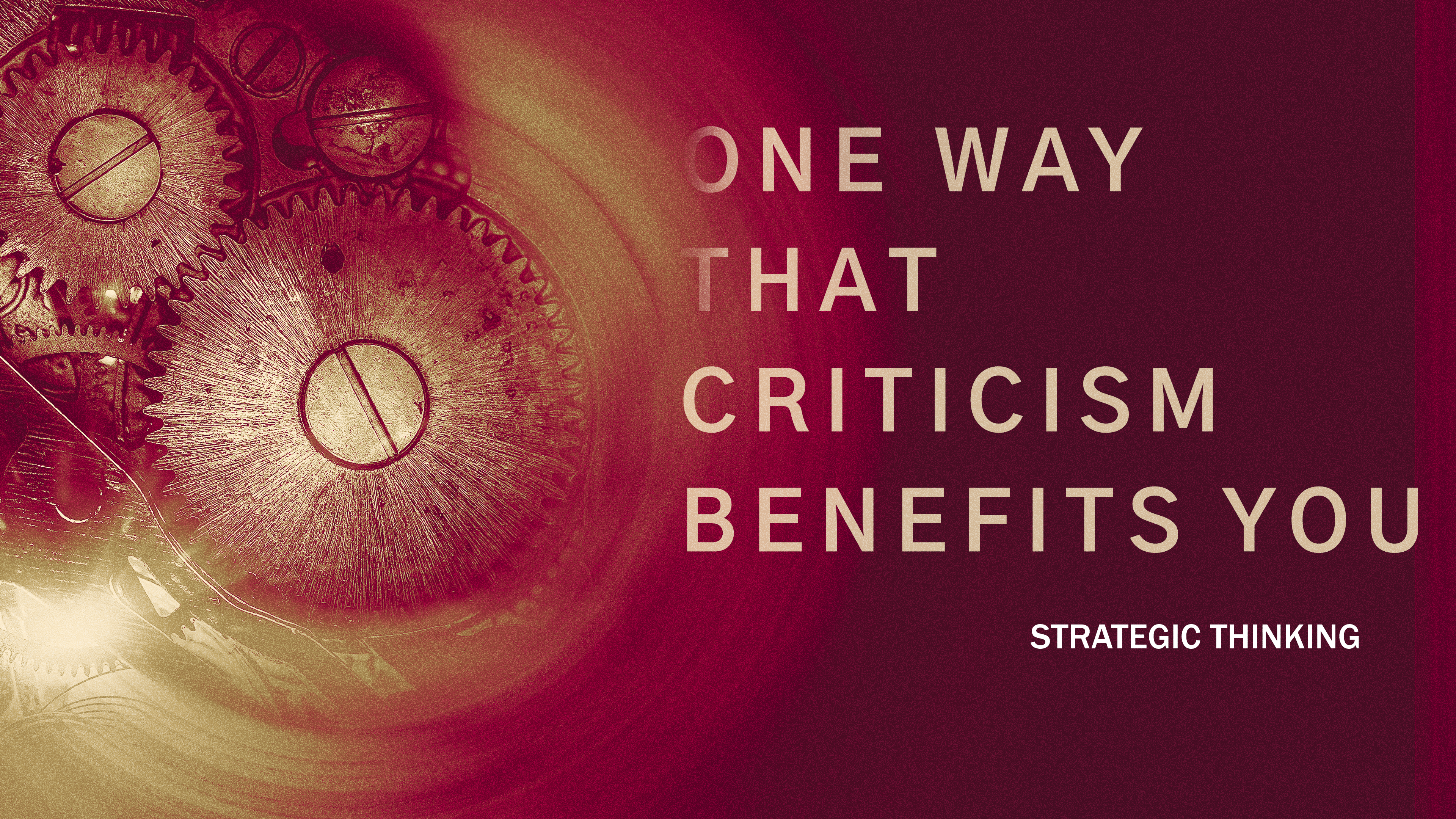Why are you on the planet?
What makes you tick?
What do you count as success?
A clear personal purpose statement answers these questions. Your statement of personal mission also guides your day, every day. That necessarily means it also guides your life.
Our last post showed us that first benefit. Your clear, personal purpose statement gives you direction. It reveals your big “yes” and can keep you from feeling guilty (mostly) when you say “no”.
Today we examine the second benefit a clear, personal mission statement contributes to our lives.
Benefit #2: Your personal purpose provides consolation in the dark times.
Sometimes events and setbacks seem to conspire against us. Those desert times present challenges to how we view ourselves and even how we view God. But, your clear personal purpose reminds you that a bend in the road is not the end of the road. Even if today, or this season of life, seems out of kilter, you possess an overarching mission that gives hope even in the midst of bouts of despair.
Here are three ways your purpose provides consolation:
a. Your purpose shows you something bigger is happening.
Your purpose dwarfs whatever you face today. No matter the difficulty, it all feeds up into a larger story of impact and influence. When you have a mission clearly stated, you know that today’s darkness only leads to tomorrow’s light. That clarity helps you withstand the temporary setback because the trajectory of your life paints a higher arc. It also says:
Today’s problem is tomorrow’s platform.
You know what is painful now creates more lasting impact later. Each challenge you face develops you more deeply. Yes, it’s certainly painful and hurtful. But these times equip you for those times. Do they build character? Perhaps. But they certainly add skills. You will need those skills on a day when you won’t have time to develop them. So, you prepare now. And, you have to prepare now, because the setback is now.

Take a minute to picture yourself in the future. You stand on the stage. The audience focuses on you. You share your journey. Imagine the response when you share today’s pain. Your endurance now makes you relatable then. Today’s setback makes you accessible and vulnerable on that day. It makes you human.
And, that humanity and vulnerability and relatability combine to form a key chapter in the story of your life. Without it, your impact would be diminished.
Part of every testimony is a test. A facet of every journey includes a rough road, a difficulty, an obstacle and a painful, trying time. Why should yours be different?
Better yet, the deeper the pain and the bigger the obstacle, the more astounding the story. Your story is that something bigger, shaped by this day’s hardship.
So, your mission positions the larger picture as the context. That expansive view of the future provides consolation now.
But, it’s not the only thing that does. Because when you do have a clear sight of where you are headed, you know you can’t see everything. That’s the second way your purpose provides consolation:
b. Your purpose helps you recognize every endeavor brings unforeseen challenges.
Consider the following:
- Missionaries forsook home and hearth and went to Japan, only to realize the houses in Japan do not utilize central heating.
- The seminary student and his wife moved 1,100 miles to attend the school they believed God wanted them to attend. That student also worked a job to provide for him and his wife of less than a year. Her job paid monthly. And, while still too new to establish relationships, their entire food store consisted of a can of crushed pineapple and a half box of rice. To make things tighter, all their money from the four jobs they worked the summer before provided their trip to school and the necessary deposits. He thought, “We can make it. I get paid today.” So, he went to work where his boss handed him an envelope on his first payday. He opened it and peered into an envelope void of a paycheck. His supervisor then said, “Oh, I forgot to tell you. We hold the first check.” He wouldn’t get paid for another two weeks.
- The pastor accepts his first pastorate. After moving his family to the area, he got his first paycheck for less than what he was told he would be making. When he asked, he was told, “Oh, we just showed you the budget. That’s what the last pastor made. We didn’t expect to pay you that much.”
- You buy the new house. Then, you realize the house houses water leaks, in several places.
- As a newlywed, you scrape enough money together to buy a new clothes dryer for your apartment. Then you realize it costs extra if you also want the cord for that dryer. The dryer won’t dry without the cord.
- The young new pastor relocates his family to the new field. On his first Sunday, he realizes the church stacked the attendance with their children and grandchildren when he preached there “in view of a call”. Now that he moved there, he understands none of those children and grandchildren attend that church.
- The new interim pastor looks at the financials on his first day. He discovers that the $50,000 of designated funds listed on their financial reports has already been spent on undesignated items. To make matters worse, most people in the church don’t know that information.
You can add your own examples. But, you know, no matter the mission you chase, you will face soul-stripping situations that you didn’t see coming.
The fact that bad surprises happen to everyone makes it tolerable. That is true if your life drives toward your mission.
So, in addition to the bigger plan and the unforeseen circumstances, the third way your purpose provides consolation rests in the nature of what it takes to make yourself and your organization better.
This third way your purpose provides consolation is:
c. Your mission proves significant improvement requires time to mature.
A retired man lived next door to the new move-ins. He loved to garden. The bride of the new neighbors wanted to learn. The old guy helped her plant a few vegetable plants, including tomatoes. Then, the very next day, she saw a large, ripened red tomato hanging on the vine! When she went to look, she realized the old guy next door had wired that fully mature tomato on her very small plant.

As you know, no matter how much fertilizer you put on the tomato, it’s going to take some time for that tomato to grow. You can increase the rate of maturity, but only so far.
Your mission takes time to develop. It leads you to take the long view. A good guideline says, “Most people overestimate what they can do in one year and underestimate what they can do in five years.” Those one-year goals? Unless you have done the job previously, those one-year goals often make better five-year goals.
I didn’t think that at age 26. I certainly believe it now.
However, especially resourceful people, with several repetitions under their belt, may reduce the timeframe to three years. Only a very few can do it in one. And, those very few bring numerous resources to the task, along with significant experience. So, when you take on a new endeavor, it will be awhile before you see significant impact. You may be able to do it quicker. After all, it is just a guideline. But, consider:
- Marathoners walk.
- Weightlifters only lift the bar.
- Leaders begin as followers.
- Cooks find the measuring cups.
- Mechanics identify the parts of a car.
- Lawyers first learn the lingo.
- The ending begins.
And, so it goes. Every endeavor starts somewhere.
Big plans that are new ventures require big spans of time. Once you get the thing going, you can accelerate the timeline. After you gain some repetitions, the time required is less than you think. But sometimes it takes longer.

Consolation in the dark times means you prep yourself for the long view. Then, if by chance, a serendipitous event occurs, it will be a grand, positive surprise. On the other hand, if you gear your life to a quick fix and it doesn’t happen, you will likely get discouraged. So, when you hit that wall of discouragement, take the long view.
Because you scribed your life’s mission, you know it’s going to be a stretch to get there. Your sights are set too high to achieve with a singular sprint. Your mission positions you for the long haul, which includes the stops along the way.
So, do you have a written, personal, clear mission? If so, or if you have part of one, please share it with us? We would love to hear where you life is headed.
And, watch for the next post. That will be the last in this series of benefits for your personal mission. For those who want to change the world for the better, benefit #3 will encourage you.
(Continue reading with Part 3. Missed Part 1? Catch up here.)
Who We Are
LeaderINCREASE helps leaders get clear on where to go and understand how to get there, with less hassle. We understand that choosing to make a difference as a leader isn’t always the easiest.
We focus on providing leaders with resources they need to make a difference and become actionable leaders for their organization. We look forward to helping you achieve your goals as we have done for many others.




